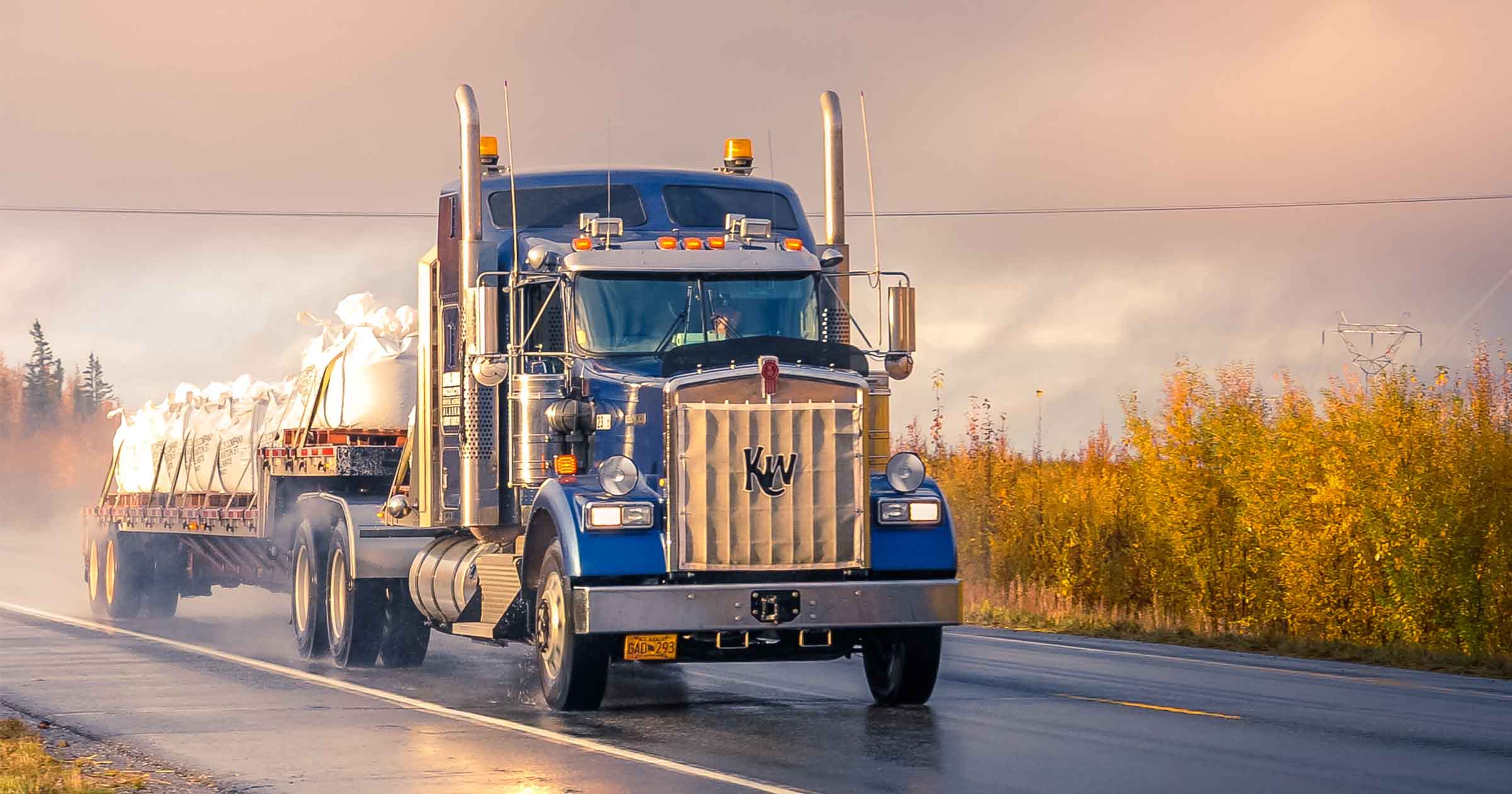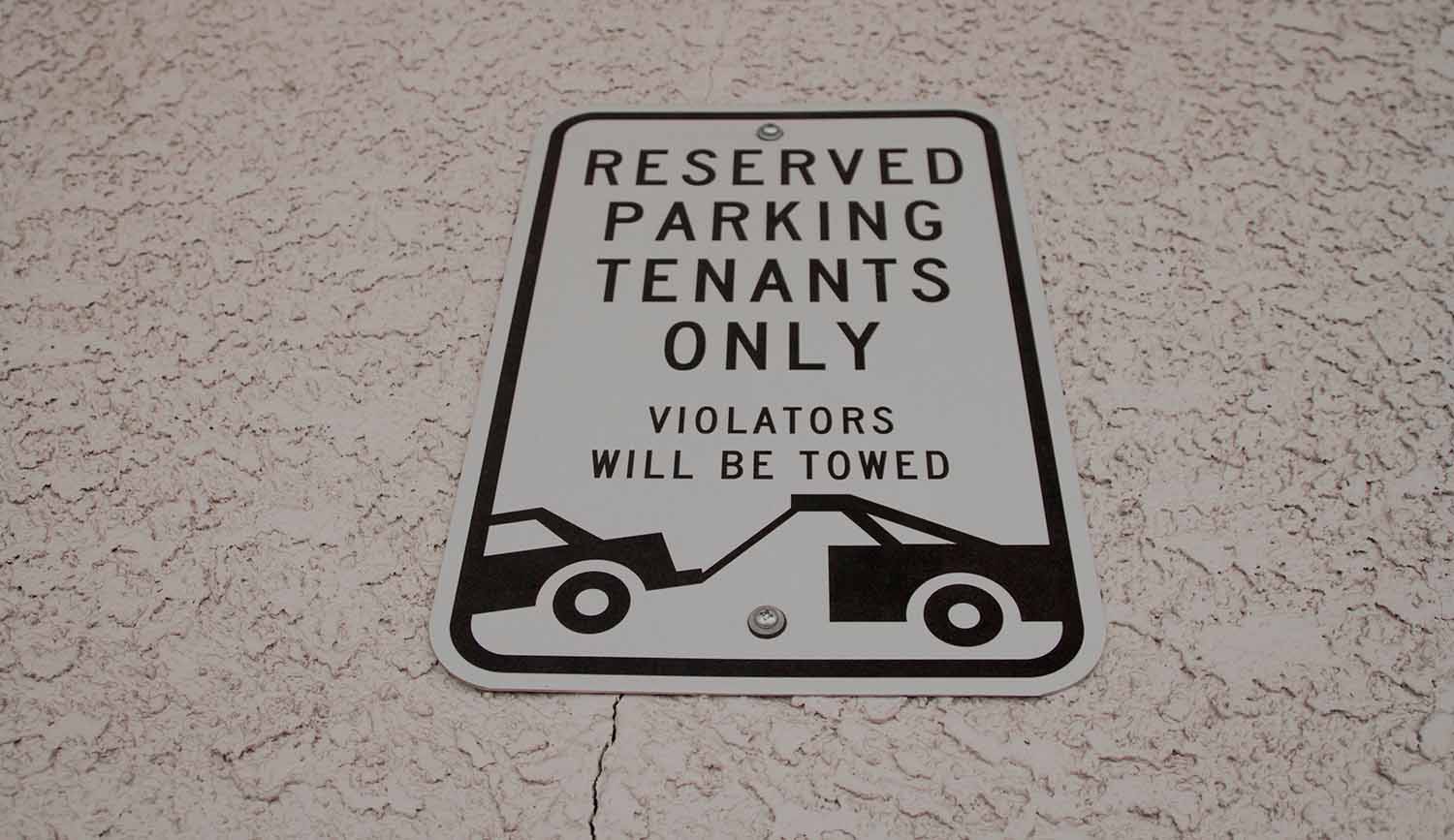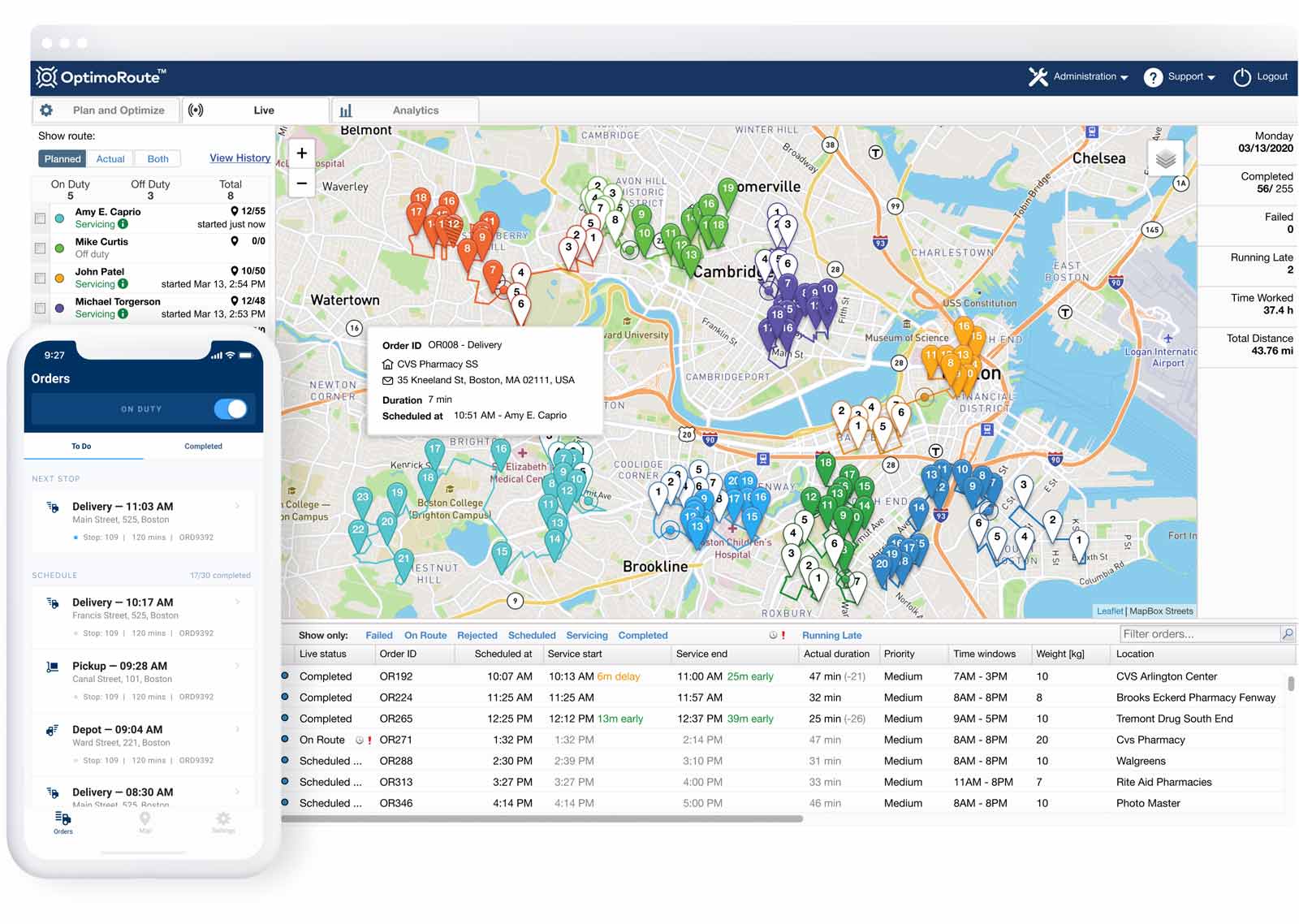How to Start a Tow Truck Business
8 min read

The towing industry has seen consistent growth over the last decade. That growth is projected to continue, with the industry expected to generate more than $7.7 billion in revenue by 2024. Business is booming—and there’s no better time to break into the industry with your own towing company.
To start a tow truck business that will thrive, you’ll need to identify what type of business you want to have, get the proper equipment, and register your tow company. Then you can begin to grow your customer base with effective marketing and planning tools that help maximize efficiency and lower costs.
Jump to the part that interests you most:
- How to Start a Tow Truck Business in 8 Steps
- Why Route Optimization Is the Key to Maximizing Profitability for a Towing Business
- OptimoRoute: The Best Tool for Tow Truck Dispatchers
- FAQs About How to Start a Tow Truck Business
How to Start a Tow Truck Business in 8 Steps
To start a successful towing company, you’ll need to define your business, find your customers, and build a business plan focused on improving operational efficiency and boosting revenue.
1. Identify your target market
The tow truck industry is as varied as the cars you’ll be towing.
Start by defining what type of towing business you will have. You can choose to provide a variety of towing services as a general towing agency or focus on providing limited niche services to cater to a specific industry, like towing classic cars. Some of the common types of towing services include heavy-duty, specialty, long-distance, and local tows.
- General towing services: General services are the most common offering and often refer to local tows around town. This type of business will have a broad customer base that only needs common tows. For example, if an individual’s car breaks down, they will likely call a general towing agency to arrange a tow to a repair shop.
- Heavy-duty towing services: Sometimes referred to as big rig towing, this is when you tow vehicles weighing more than 17,000 pounds, such as a tractor or other farm equipment.
- Specialty towing services: Customers with special and unique vehicles, like a classic or exotic car, often require highly specialized towing services that offer customers an extra level of care and attention from the driver and handlers. Specialty towers often have unique offerings such as a level of privacy with covered tows and other unique perks like roadside assistance that allow them to charge a higher fee.
- Long-distance towing services: Any job that requires you to tow a vehicle more than 100 miles is considered long distance. These may be customers who are moving across the country and need someone to transport their car or customers who race for sport and need their race vehicle transported from circuit to circuit.
You’ll also need to determine whether you will conduct consensual tows, non-consensual tows, or both. Consensual tows are ordered by the customer, like when a classic car owner needs their prized possession safely transported to a car show. If most of your revenue will be driven by consensual tows, your customers will primarily be individual car owners who pay for their tows out of pocket, with insurance coverage, or with the help of an agency like AAA.
Non-consensual tows are those that the vehicle owner does not consent to, such as a car on a city street with too many tickets that gets towed to an impound lot. Providing non-consensual tows will allow your business to bid on contracts from apartment complexes and office buildings and even on government contracts with the city that you operate in.

2. Investigate local regulations or requirements for towers
Tow regulations and requirements vary from state to state. In some cases, the type of services you offer will also impact how you do business. For example, there are specific guidelines that non-consensual towers in New York will need to know; for example, an abandoned vehicle left on private property must be at least 10 years old to be towed to a dismantler.
Contact your local DMV, department of transportation, or towing board to learn the relevant information you need to know for your business.
3. Create a business plan
Outline a plan for building your business, so you have a clear guide to follow. Start by outlining what the goals of your business will be. Then, define steps for how your business will achieve those goals, with a deadline for each step. For example, if one goal of your business is to increase tow volume, then you can plan to take steps like hiring employees, improving training for tow truck operators, optimizing your dispatching with routing software, and increasing your marketing efforts.
4. Get a startup loan (if necessary)
Though very uncommon, you may already have all the cash you need to start your towing business. In this case, you’re in great shape to start your business without any outside help. If you don’t have that large sum of money sitting around, you can ask investors for their financial support or get a business loan.
Start by listing your startup costs and total up the expenses. Your startup costs include employee salaries, equipment like trucks, property to park towed cars, insurance policies, licensing, and anything else you need to start your business. Once you know how much you need, it’s time to open a business bank account and find the money.
Taking out a loan is a common option that allows you to retain full ownership of your business, but you’ll likely have monthly payments to repay your loan. Seeking out investors means you won’t have to repay the money you use to start your business, but you may have to share ownership with those who invest.
5. Register your business
Start by selecting a name for your business. You’ll then need to register the name of your business with the appropriate agency. If your business is a limited liability company (LLC) or corporation, you’ll need to register with your state government to get a tax code, which may require you to register with the local business bureau or business agency, depending on your state. To register with another business structure, you may need to trademark your business name or file forms with the IRS. Check the specific requirements for your business structure by checking with the local Small Business Administration office.
6. Acquire the proper licenses and permits
Though requirements vary from state to state, almost all states require tow truck drivers to pass some kind of certification as well as obtain a commercial driver’s license. Additionally, you may need to acquire specific permits for your tow vehicles as well as a towing company business license. Consult your state’s department of transportation to learn about the specific licenses and permits your towing company will need.
7. Purchase equipment and tools
You’ll need standard towing tools regardless of what kind of services you offer. Those tools include hooks, chains, jump starters, towing and recovery straps, ratchets, and lights. You’ll also need a truck that can handle the tows you plan to complete.
You may also need specialized tools, depending on what services you offer. For example, towing exotic cars may require a covered flatbed truck to protect the vehicle during transit, as well as special straps to prevent damage during loading. However, towing cars long distances would require a big rig truck with a trailer designed to transport multiple vehicles at a time.
8. Create a marketing strategy
Look at your business goals and set marketing goals that will help you achieve your business goals. Your marketing goals should be things like boosting brand awareness and generating new business.
To achieve those goals, you should use marketing tactics like building a social media presence, creating a Google business account, or putting a wrap on your tow trucks. You can also do your own research online by consulting industry resources like The Tow Academy or marketing-focused publications like Social Media Today to find creative marketing tactics to help drive business.
Why Route Optimization Is the Key to Maximizing Profitability for a Towing Business
To make a profit, you need to complete enough tows to pay for all of your business operations. And the more tows you complete, the higher your profits will be.
The best way to increase the number of tows you can complete is by optimizing your routes. Route optimization is the process of finding the most direct routes to boost efficiency by accounting for a variety of factors, including pickup and drop-off locations, how many cars a tow truck can tow, travel time between destinations, driver schedules, and more. Route optimization also lowers fuel costs by reducing the total number of miles driven.
Effective route optimization is difficult due to the overwhelming number of factors to consider. If you manage a fleet of trucks, those factors increase with every truck in your fleet, making manual route optimization impossible. Implementing route optimization software eliminates this problem by doing the work for you.
OptimoRoute: The Best Tool for Tow Truck Dispatchers
OptimoRoute optimizes routes, improves visibility into operations with features like live tracking, and improves the customer experience with notifications. This helps businesses improve overall efficiency, boosting the number of tows you can complete and maximizing profit.

Track drivers on the road in real time
Data provided by the mobile app gives dispatchers visibility into where trucks are. If a customer calls in need of an urgent tow, you’ll be able to see where drivers are and assess which driver will be able to respond to the call the fastest.
Provide live tracking and ETA for your business partners
Send your clients a text message notification when a driver heads out to complete the tow. With information about the route provided by OptimoRoute, you’ll be able to provide businesses with an accurate ETA, so they don’t have to worry about when the tow truck will arrive. This helps to eliminate down time for businesses looking to ship their products to customers as soon as possible.
Maximize route efficiency
Improving your route efficiency helps you to complete more tows without having to invest in more trucks or hire more drivers. OptimoRoute helps maximize efficiency by streamlining your routing process and automatically generating optimized routes for you. All you’ll need to do is provide the platform with details about your trucks, drivers, and where you need to route your tow trucks.
Mobile app for drivers
Drivers can get turn-by-turn directions directly through OptimoRoute’s mobile app. If a new tow gets added to their route, the app will automatically update to provide the driver with directions to the new destination.
To see how OptimoRoute can help maximize tows and profits for your company, try our software free for 30 days!
FAQs About How to Start a Tow Truck Business
How much does it cost to start a tow truck business?
There are a lot of costs involved in starting a tow truck business, including the trucks, which cost “anywhere between $58,000 and $850,000.” You’ll also need to pay for fuel, liability insurance, and much more, not to mention paying drivers the average rate of $17 an hour. With all of these expenses, starting a small tow truck business costs hundreds of thousands of dollars, and that cost increases for larger businesses that need more trucks and supplies.
Is it hard to start a towing company?
Starting a tow truck company comes with challenges, such as acquiring money to invest in the business and learning how to route your tow trucks efficiently. You can mitigate these challenges by getting a loan or finding investors to fund your business. You can also invest in tools like routing software to help streamline your business operations.
Is a tow truck business profitable?
The towing industry is profitable. But how much you’ll profit as a business owner depends on a variety of factors like your overhead costs, how many drivers you need to pay, and how much business you’re able to generate.
Try OptimoRoute™ for Free
No installation or credit card required


